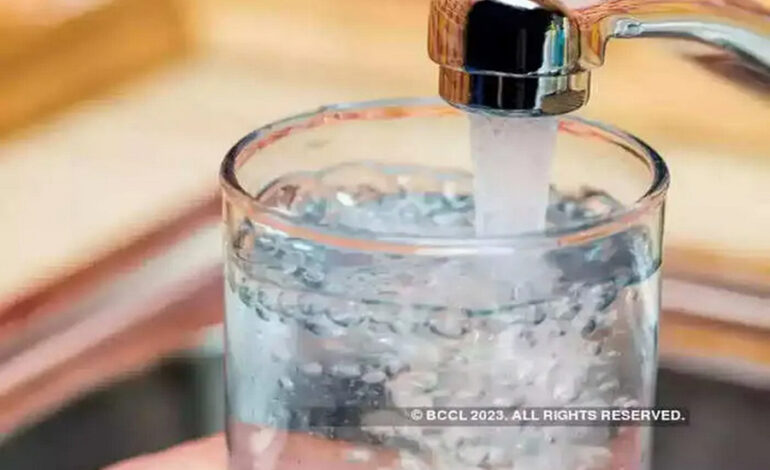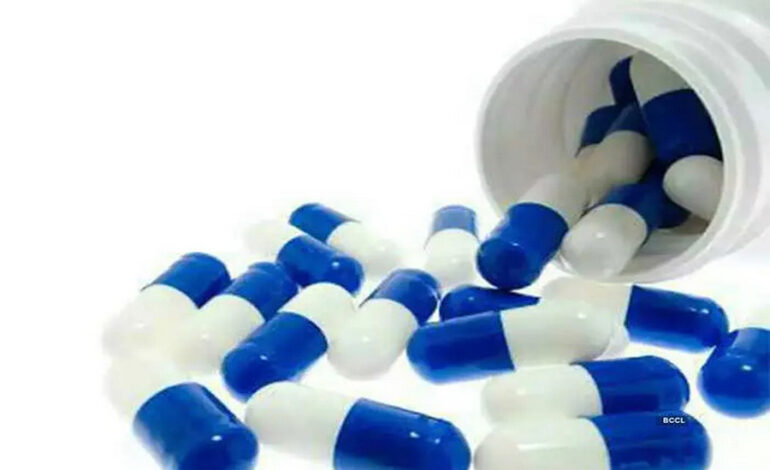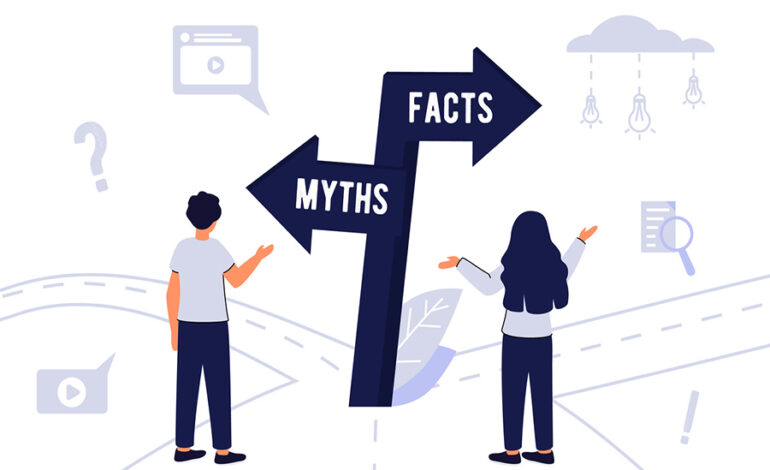Potential Impact of Jal Jeevan Mission on Diarrhoeal Disease Deaths: WHO Study

A new study by the World Health Organisation (WHO) suggests that nearly 4 lakh deaths due to diarrhoeal diseases could be prevented if the Jal Jeevan Mission achieves its objective of providing clean water to all rural households. Launched by the government in 2019, the Jal Jeevan Mission (JJM) is a nationwide initiative aimed at ensuring safe and adequate drinking water for every rural household through individual tap connections by the following year.
Assessment by WHO
The Ministry of Drinking Water and Sanitation approached the World Health Organisation to conduct a study assessing the potential health benefits and cost savings associated with improved access to safely-managed drinking water services in India. The study projected that achieving universal coverage of safely-managed drinking water through the Jal Jeevan Mission could avert close to 4 lakh deaths caused by diarrhoeal diseases.
Current Progress and Impact
As per official data, approximately 62 per cent of rural households have been provided with tap water connections under the Jal Jeevan Mission. The study predicts that achieving universal access to safe drinking water could lead to substantial health benefits, resulting in the prevention of nearly 14 million Disability Adjusted Life Years (DALYs) attributable to diarrhoeal diseases and estimated cost savings of up to USD 101 billion.
Additional Benefits
Furthermore, the provision of tap connections to every household would significantly reduce the time spent on water collection, especially among women, amounting to a saving of approximately 66.6 million hours per day.
Global Implications
Richard Johnston, co-lead of WHO/UNICEF Joint Monitoring Programme for Water Supply, Sanitation, and Hygiene, emphasized the global significance of India’s efforts in achieving Sustainable Development Goals (SDGs) related to drinking water and sanitation. He underscored India’s pivotal role due to its population size and demonstrated commitment to making substantial investments in these areas.
Expert Insights
Dr Rajiv Bahl, Director General of the Indian Council of Medical Research, highlighted the potential health benefits beyond those estimated in the study. He emphasized that the study’s findings represent only a fraction of the broader impact of providing safe water, which extends to various communicable and non-communicable diseases as well as malnutrition.
Methodology
The WHO’s estimation of health impacts relied on comparative risk assessment (CRA) methods, comparing two scenarios: one assuming linear increase to 100 per cent coverage under the Jal Jeevan Mission and the other assuming business-as-usual progress. Economic analysis was based on the value per DALY averted, following a methodology outlined in a previous WHO report.
In conclusion, the study underscores the critical role of initiatives like the Jal Jeevan Mission in addressing public health challenges and highlights the immense potential for saving lives and reducing disease burden through improved access to clean water.







